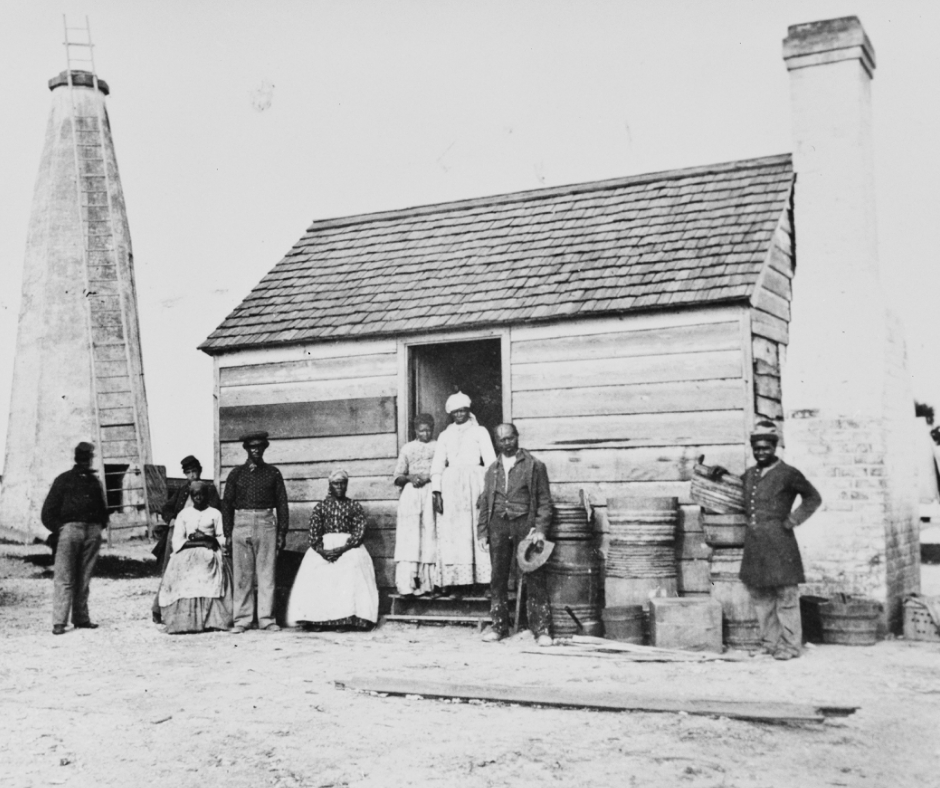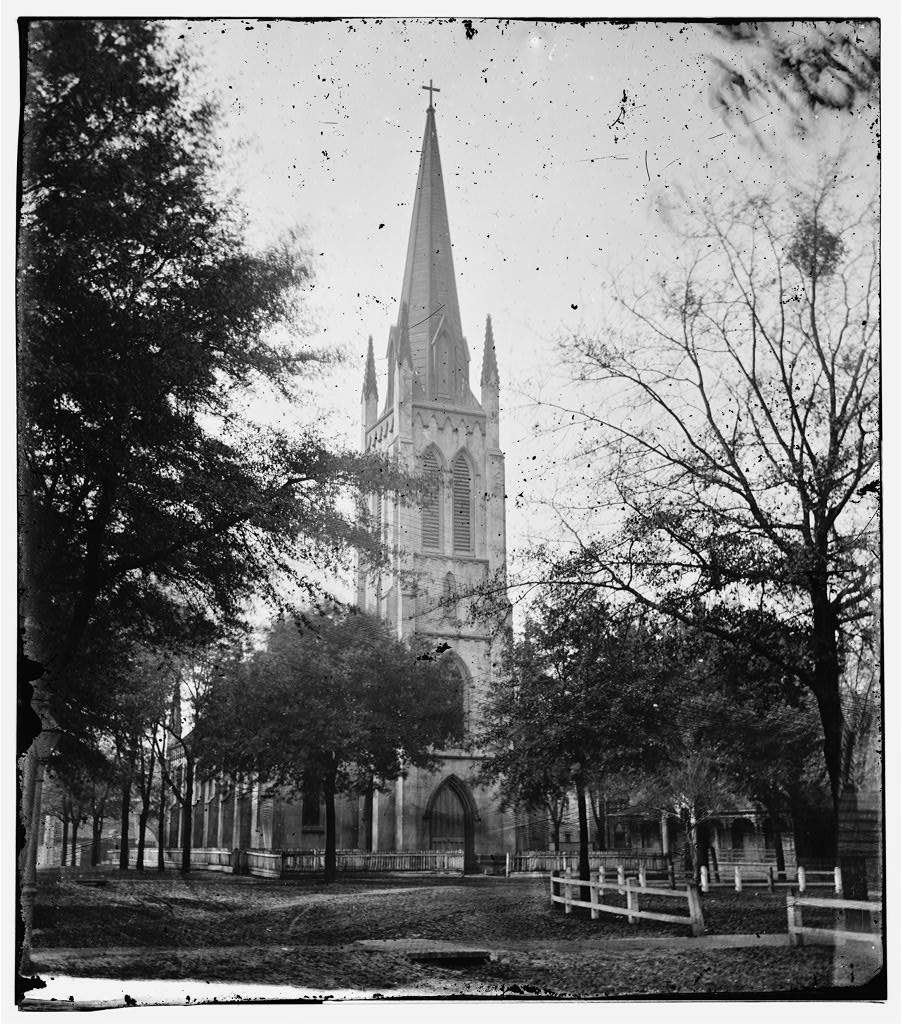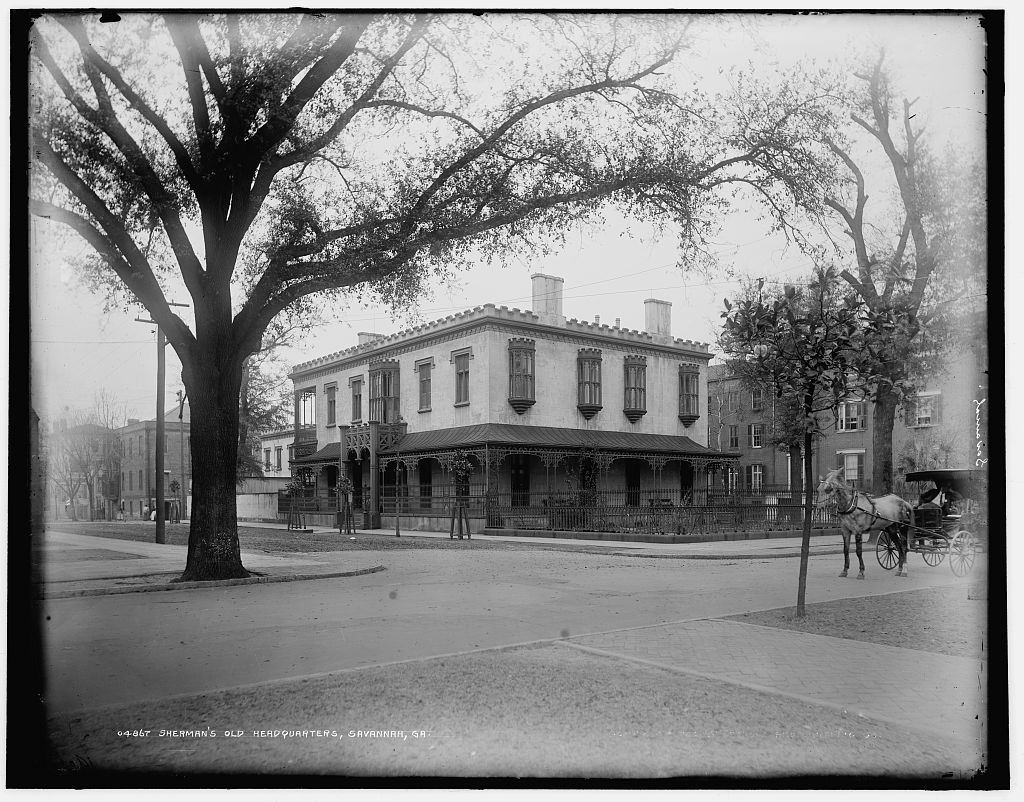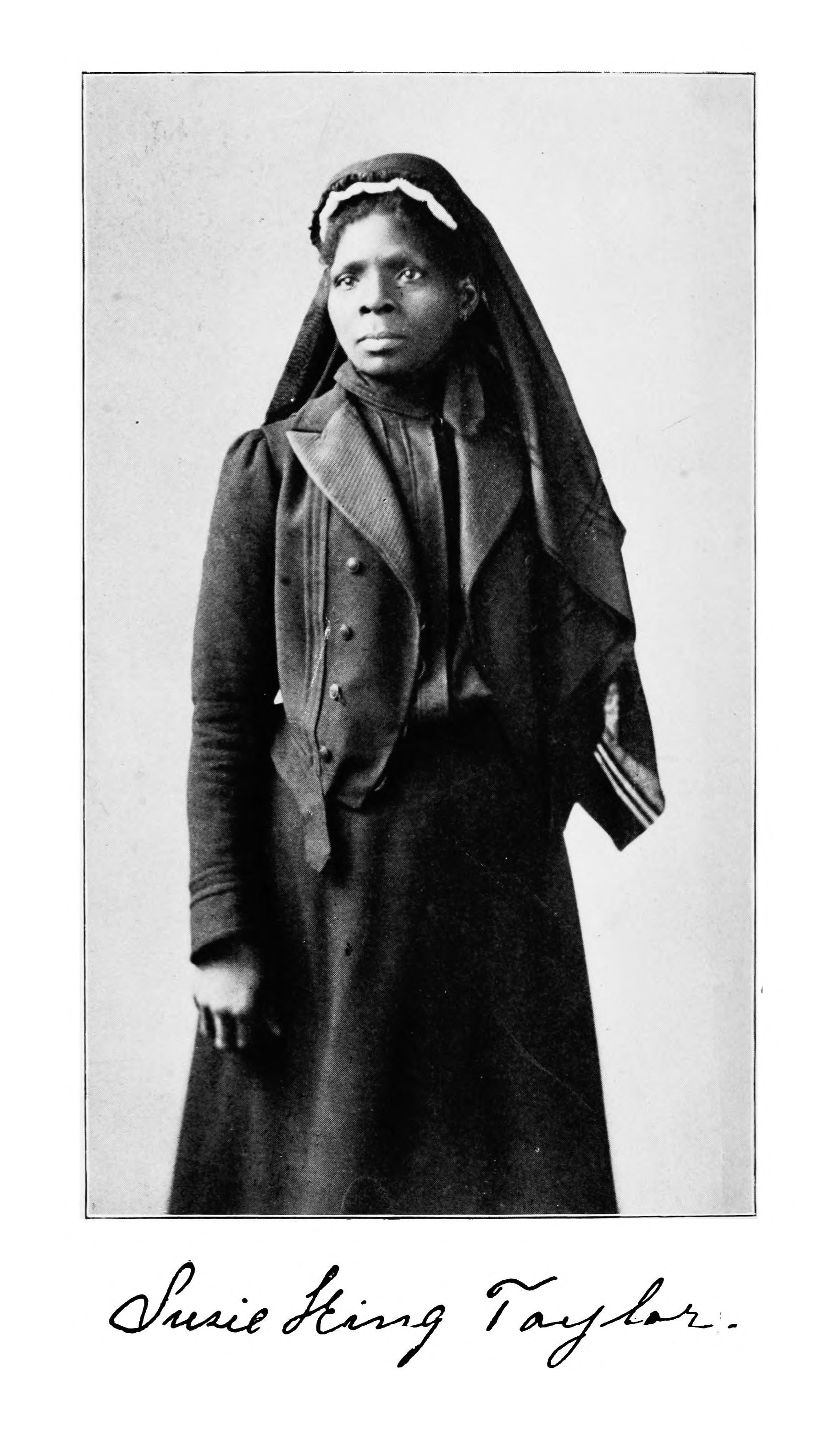Susie King Taylor (1848-1912)
Inscription on Historical Marker near Midway, GA:
Educator, nurse, and author Susannah “Susie” Baker King Taylor was born into an enslaved Geechee family on the Grest Plantation in Liberty County, Georgia. Educated as a child in secret schools in Savannah, she escaped slavery in 1862 during the Civil War. In 1863 she married Sgt. Edward King of the first all-black U.S. Army regiment, she served as nurse, laundress, and teacher. After the war, she opened schools for African Americans in Savannah and Midway. In 1874, King moved to Boston, returning to Midway in 1879 to marry Russell Taylor at the Medway Chapel and School located here. In 1902, she published her memoir, Reminiscences of My Life in Camp with the 33rd United States Colored Troops (Click to Read). Susie King Taylor is buried in Massachusetts.
.jpg)
Painting by Martin Pate



Life In and Around Savannah
Susie King Taylor was about 13 years old at the start of the Civil War on April 12, 1861. She was smart and full of energy with a strong spirit and intense determination to change the world she had been born into. She loved to read and write, and wanted to learn all she could, and use her abilities to teach other blacks to also expand their knowledge, even though it was unlawful for blacks to read at that time. She gathered books however she could, and kept them secret and hidden.
In 1862, Union Major General David Hunter issued General Orders, No. 7. The order declared, “All persons of color lately held to involuntary service by enemies of the United States in Fort Pulaski and on Cockspur Island, Georgia are hereby confiscated and declared free, in conformity with law.” This event was a dream come true for the enslaved people of color in Georgia, like Susie King Taylor.
Fort Pulaski near Savannah, GA, became a beacon for all blacks in the area to gain their freedom. After the Fort had been defeated by the Union Army, all enslaved people in the area were encouraged to turn themselves in at the Fort, and become "confiscated property" of the United States. One of the first black men to take advantage of the General Order No. 7 was Deacon March Haynes. He had been working at Fort Pulaski and was also an expert captain of a small boat. He used his talents by coming to the aid of thousands of the Savannah area enslaved blacks. In the late night hours, he picked up groups of blacks in his boat and carried them to Fort Pulaski where they were given their freedom. Susie King Taylor was one of the people who made this dangerous journey to become free, even though it was dangerous and could have resulted in capture, punishment, and even death.
After Susie King Taylor arrived at Fort Pulaski, she started a new free life working any way she could to help the Union soldiers, including nursing and attending their military needs. She fell in love with one of the soldiers in the first all-black U.S. Army regiment, Sgt. Edward King. They were married and she gave birth to their son.
After the end of the Civil War, around 1870, Susie King Taylor returned to Savannah, GA and found herself a widow with a young son to raise. Next to St John's episcopal church in Savannah, a wealthy family needed someone to work for them. Susie King Taylor worked at the Green household for several years as a laundress, and assistant for cooking and cleaning. She was an excellent cook, and won a top prize for her blueberry pie which was always a favorite. According to #1 Ghost Tour in Savannah, some say that if you visit the Green-Meldrim house in Savannah, you can still smell the delicious fragrance of Susie King Taylor's blueberry pie in the main dining room; and the spirit of Susie King Taylor can be felt in every room of the large house. Interestingly, the house was the headquarters for Gen. Sherman when he was in Savannah.



